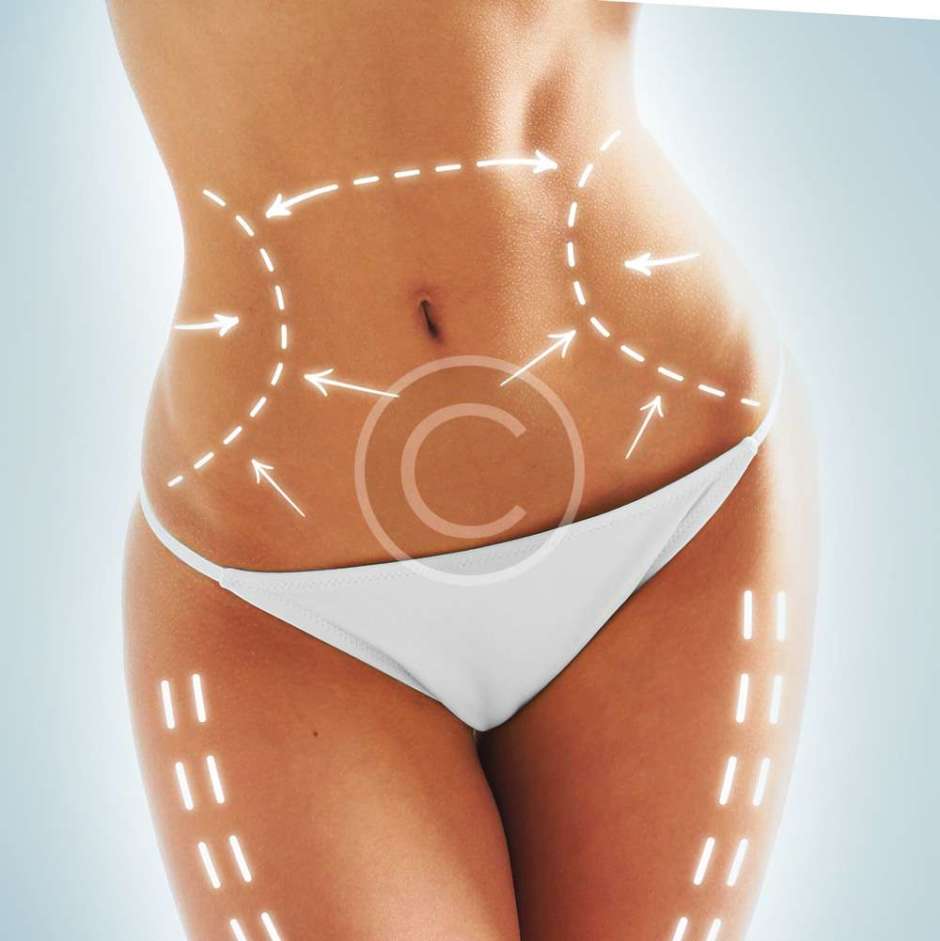
Heredity and Varicose Veins
Like complexion, eye color, the shape of the face, and so many other traits, varicose veins can be hereditary. A frequently cited figure suggests about half of those over age 50 in the U.S. suffer from varicose veins. Due to both structural and metabolic similarities, up to 80% of cases can be attributed to genetics. That’s a lot of us who are predisposed to venous insufficiency!
Environment and heredity combine to form a perfect storm for developing many diseases and disorders. Just as people at higher than the average genetic risk for heart disease or cancer compound their risk by engaging in behaviors ill-advised for anyone, such as smoking or poor diet, they can also help stabilize their risk through healthy living. The same is true for vein health. Like age and gender, genetic predisposition is out of our hands. But there are lifestyle factors within our control.
In addition to keeping an eye on weight, McQuaid Vein Specialists recommend a few good ways to combat our vascular “inheritance”:
- Diet – In addition to a vitamin-rich diet, with calories appropriate to activity level, try for one that is high in fiber and low in sodium. Fiber, as we know, keeps the digestive system moving along, and reduced sodium results in less water retention and vein distension. It’s also heart-healthy and helps to moderate blood pressure.
- Exercise – Good overall cardiovascular health is important. In consultation with your physician, get your heart rate up for 30 minutes at least 3 times a week. Try to avoid impact exercising, like running on pavement, and heavy weight lifting. If yours is a job that involves a lot of time in a chair, change it up. Stand up at least once an hour and move around a bit. Use breaks and lunch periods to take a walk. Work at a computer? Consider whether an adjustable workstation that moves up and down is a possibility, so you can alternate between sitting and standing during the day.
- Daily Habits – Try and avoid tight clothing that constricts the legs or groin area, including too-tight pants and jeans. It’s also a good idea for women to minimize time spent wearing high heels. Avoid excessive heat on legs, including taking hot baths or lounging in hot tubs; heat can distend veins. If you already know you have varicose veins, wearing knee-high socks can sometimes help with mild swelling and aching. Wearing compression stockings, available by prescription from physicians specializing in vein treatment, and medical supply stores can offer more significant relief.
- Annual Physicals – Getting an annual physical helps your general practitioner know your personal “normal” by establishing baselines for ongoing comparison. Plus, early detection of diseases such as diabetes and heart disease, which affect many things including vascular health, is vital.
Genetics may simply be stacked against you. Keep in mind that despite your best efforts, gravity and your genes may still win and you will need treatment. Undiagnosed and/or untreated venous insufficiency can result in problems ranging from the annoying to the life-threatening. They include leg swelling, skin discoloration, visible ropy veins, leg pains, night aches and restlessness, and potentially fatal blood clots resulting from Deep Vein Thrombosis (DVT).
Diagnosis is the first step. Thanks to technology like Doppler Ultrasound, a noninvasive test that uses reflected sound waves to estimate blood flow through blood vessels, diagnosis of venous insufficiency is relatively simple. In the hands of skilled physicians and nurses at McQuaid Vein Specialists, we can see underperforming valves and poor circulation, even when they are not visible to the human eye or presenting typical symptoms.
Venous insufficiency does not get better on its own. Fortunately, there are effective, relatively painless solutions that we can perform right in the comfort of our Frisco office, often with you returning to work the very next day. These procedures are covered by most insurance plans, including Medicare.
Want to learn more about how you can have better vascular health even if heredity is working against you? Schedule an appointment today. Call (972) 378-5347 or if you prefer, fill out our Online Appointment Request Form to Schedule your Consultation.

Mark McQuaid, MD
Lorem ipsum dolor sit amet, consectetur adipiscing elit, sed do eiusmod tempor incididunt ut labore et dolore magna aliqua. Ut enim ad minim veniam, quis nostrud exercitation ullamco laboris nisi ut aliquip ex ea commodo consequat. Duis aute irure dolor in reprehenderit in voluptate velit esse cillum dolore eu fugiat nulla pariatur. Excepteur sint occaecat cupidatat non proident, sunt in culpa qui officia deserunt mollit anim id est.


Leave a comment